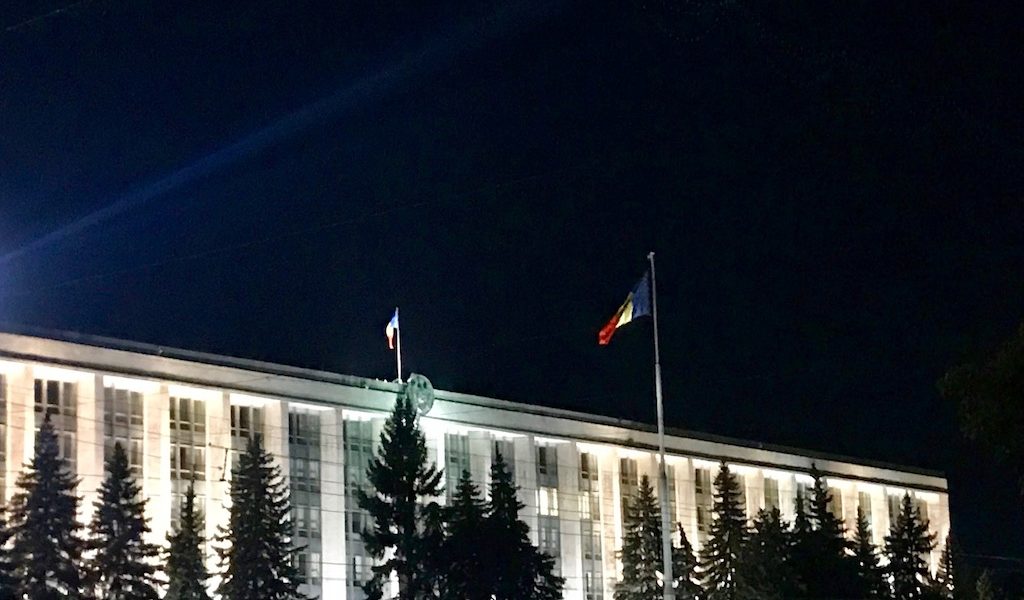Moldova Update: Too Soon to Call CIP’s Future; Next Week Will Be Critical
Earlier this week, IMI was first to report that the incoming government of Moldova, composed of the ACUM alliance and the Socialist Party, in its coalition agreement had “committed” to amend “the citizenship law in order to annul the provisions on granting citizenship for investment.”
The news, naturally, startled the investment migration community. Other news outlets have – prematurely – reported that this means the Moldova CIP (formally abbreviated as MCBI) is now closed.
But that is not the case, at least not for the time being. Program authorities are still processing applications as before, but with an apprehensive eye on parliamentary developments, which are not altogether devoid of risk as regards the survival of the MCBI.
Today, we’ll sum up the program’s legal basis, the recent political developments, and outline the possible future outcomes for the world’s youngest CIP.
Read also: Moldova CIP’s 250,000 Real Estate Option Just Months Away – Only Completed Projects Qualify
Legal basis
The MCBI is subject to three levels of regulation, which are, in order of subordination:
- Legislative – Competence of the Parliament, Law on citizenship no. 1024 and its amendments;
- Normative – Competence of the Government, Government’s Decision no. 786;
- Administrative – Competence of Ministries, Special Agencies and Commissions, MCBI Program Guidelines.
These three levels, in turn, are governed by a special legal act pertaining to the program:
- The Law on citizenship contains several provisions allowing for the CBI. These provisions are general and contain only the most important legal requirements in relation to MCBI. MCBI was introduced in the law following amendments to the law on citizenship;
- Following the insertion of CBI in the Law on citizenship, a Governmental Decision was adopted (GD786) regulating in more detail the CBI;
- Following the adoption of GD786, the MCBI Commission under the Ministry of Economy adopted the MCBI Program Guidelines.
Read also: Moldova’s Citizenship Program Has Received 23 Applications so Far, State News Agency Reports
Known unknowns, checks and balances
During a first reading three days ago, Parliament voted – unanimously – to adopt a draft law providing for the amendment on the citizenship law. It’s important to note here that the proposed law would contain amendments for several laws, including the Law on citizenship, the Law on foreign investments and the Law on status of foreigners.
Now, the draft is with the government for consideration. This additional step is needed because the draft law originated with Parliament and not the government. The Cabinet may yet recommend that Parliament refrain from adopting the changes, and to keep the law – and by extension, the program – unchanged or, in turn, propose certain amendments.
Want to know more about the Moldova Citizenship by Investment Program? To see recent articles, official links, accredited agents, and more, please visit the MCBI’s Program Page.
Once the government has given its recommendations, the draft goes back to Parliament for a second reading. Parliament may then decide to adopt the changes to the law or not.
If it decides not to adopt the amendments, the MCBI will continue. If Parliament decides to adopt the amendments, even if contrary to the government’s recommendations, the amended law still needs to go through a process of “promulgation”. This, in effect, means that the president (a post which, in this case, is held by the leader of the Socialists, a party that originally supported the CIP) will have to sign a promulgation order, making the law official.
The president, by right of the constitution, can refuse to promulgate a law once. If the president refuses twice, the Constitutional court may suspend the president from office.
Find out which companies can assist with applications to the Moldova Citizenship by Investment Program by visiting the Residence and Citizenship by Investment Company Directory.
If and when the President promulgates the law, the government must then publish it in the Official Gazette before it finally comes into effect.
The second hearing of Parliament on this matter will most likely take place next week.
Even if Parliament votes, in the end, to amend the citizenship law, effectively closing the program, the already-approved investors will not suffer any retroactive repercussions and will retain their lawfully acquired citizenships.
The fat lady is quiet for now
Briefly put, Moldova has but taken the first of several steps necessary to cancel the program – which is chiefly driven by just one of the political parties, ACUM – and may yet be derailed at either one of the upcoming junctures. If either of the above steps are not followed, the courts can declare the new law unconstitutional.
Particular interest is attached to the recommendations of the Minister of Economy, Vadim Brînzan, a Harvard-educated fund-manager with nearly two decades of experience from Wall Street. The hope is that he would recognize MCBI’s utility in the attraction of FDI and development of the Moldovan economy.
Christian Henrik Nesheim is the founder and editor of Investment Migration Insider, the #1 magazine – online or offline – for residency and citizenship by investment. He is an internationally recognized expert, speaker, documentary producer, and writer on the subject of investment migration, whose work is cited in the Economist, Bloomberg, Fortune, Forbes, Newsweek, and Business Insider. Norwegian by birth, Christian has spent the last 16 years in the United States, China, Spain, and Portugal.



